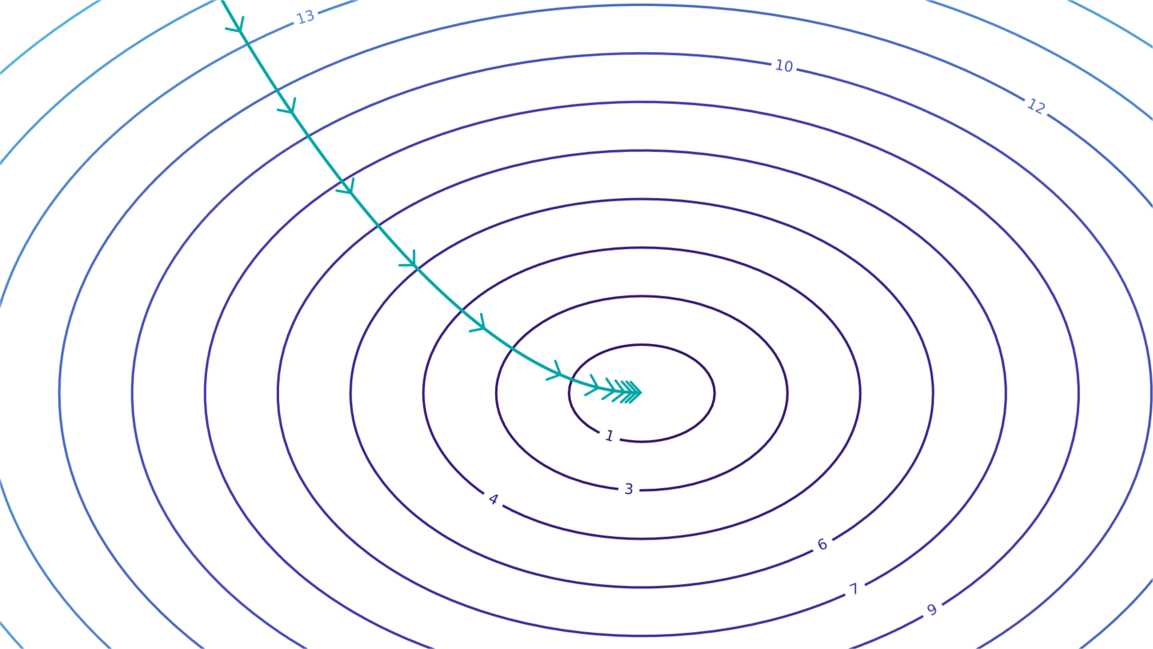
A Hidden Reality Might Be Powering Your Consciousness—And These Intelligent Machines Could Prove It
You’re reading this article. Why aren’t you singing? Why aren’t you running? Why this article? You made a choice. Even if your brain made the decision unconsciously, ask yourself—you’ll still say you chose it. But why does any choice feel like you made it—instead of being the result of a soulless process, like a robot flipping a switch?
Scientists can map your thoughts and even predict your decisions. But one mystery still haunts neuroscience, philosophy, and physics alike: why are you aware of any of it in the first place? This is the so-called “hard problem of consciousness”—the puzzle of how subjective experience arises from physical matter.
For some scientists, the answer lies inside a quantum computer. If they could connect a human brain to a quantum system, could they learn something about how the mind works? Maybe they could even test whether this elusive, slippery force we call consciousness has quantum roots.
The fundamental units of information inside a quantum computer are the quantum bits or qubits, which can exist in multiple states at once and influence each other instantly—oddities that have led some researchers to ask: could the weirdness of quantum mechanics help explain the weirdness of consciousness? Enter Nirvanic, a startup in Vancouver, Canada that’s building devices to let brain signals interact with quantum systems. Their aim is to test whether consciousness can emerge from quantum processes. If it works, it wouldn’t just be a technological breakthrough; it could change our understanding of reality itself, uncovering the hidden throne of consciousness first, and blurring the line between biological minds and machine awareness second.











